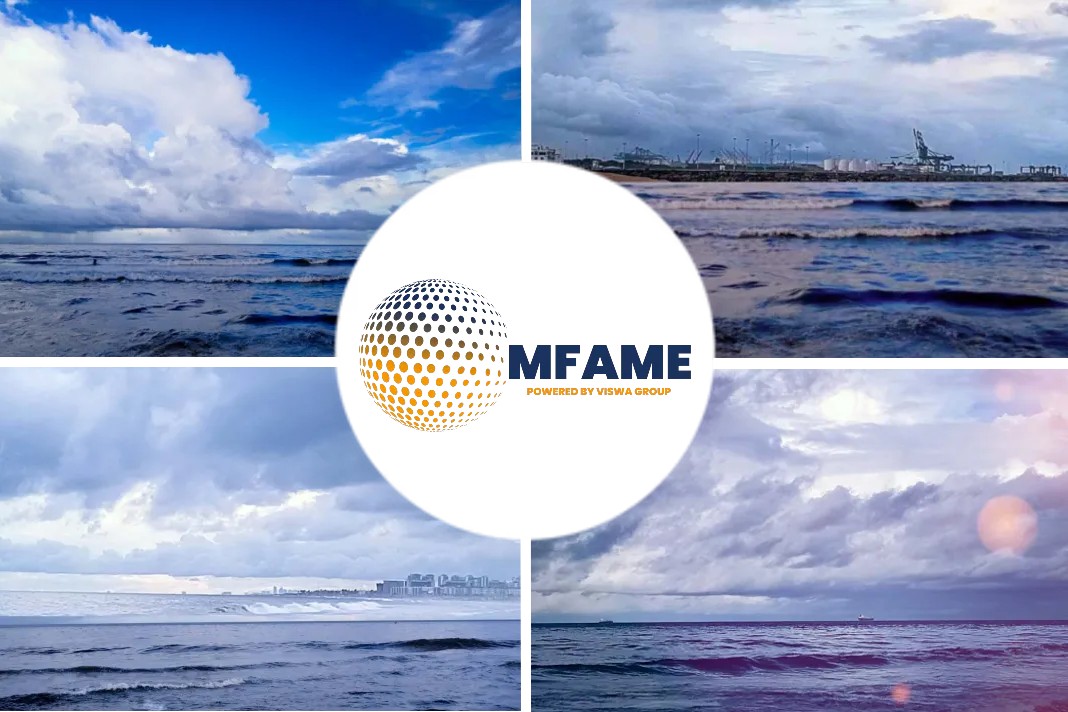
- First flow sees 9,000 mt of 50 ppm sulfur gasoil transported via pipeline
- Cross country pipe to reduce delivery time, expenditure
Bangladesh received in the second half of March around 9,000 mt of 0.005% sulfur gasoil from India via the new India-Bangladesh Friendship Pipeline which connects the two countries, a senior official at state-run Bangladesh Petroleum Corporation told S&P Global Commodity Insights April 11, reports SP Global.
The pipeline
Of the total imports, around 6,800 mt of gasoil remained in the pipeline, the official said, adding that some gasoil was required to remain in the pipeline to ensure a smooth supply of fuel.
Bangladesh will continue importing gasoil via this pipeline in phases depending on the country’s needs, especially for its northern districts which are located far from sea ports.
“It will take only two to three days for Indian gasoil to reach Bangladesh districts through this pipeline,” the BPC official said.
The Indian Rupee 3.77 billion ($45.86 million) project was inaugurated on March 21 and is a part of an energy sector cooperation between the two neighbors through which Bangladesh will import gasoil from India.
The pipeline stretches 125 km through Bangladesh and 5 km through India, passing through Panchagarh, Nilphamari and Dinajpur before reaching the Parbatipur oil storage facility in Bangladesh.
Hurdles remain
Bangladesh, however, will not be able to tap the full potential of the newly built pipeline until it completes the construction of oil storage tanks with capacities amounting to 29,000 mt at the Parbatipur depot. The tanks are currently under construction and expected to be completed within the next several months, BPC chairman ABM Azad said.
Indian piped gasoil will be consumed by the northern agricultural region, where gasoil demand stands at around 1.1 million mt/year, representing around one-fifth of Bangladesh’s total gasoil requirements.
The pipeline has the capacity to import around 80,000 mt of gasoil monthly, Azad said, adding that imports via the pipeline will be cheaper and more efficient than rail supplies.
BPC has been purchasing 0.005% gasoil from NRL for 15 years at a negotiated premium of $5.50/b to the Mean of Platts Arab Gulf gasoil assessments on a CFR basis, he said.
Initially, the pipeline is likely to carry around 250,000 mt/year of gasoil under the agreement between the two countries, BPC’s senior official said. The volume will gradually increase to 400,000 mt/year during the first five years and may subsequently increase to around 1 million mt/year, Azad said.
The volume may also be adjusted periodically based on demand, and imports may be extended beyond the agreed 15 years subject to mutual discussion, he added.
Bangladesh’s Prime Minister Sheikh Hasina said this development plays a vital role in ensuring the country’s fuel security at a time when the world was facing a serious energy crisis due to the Ukraine war.
“Apart from ensuring fuel security, the pipeline will increase economic growth,” she said.
Hasina said the time and expenditure for importing diesel from India will be reduced significantly by this pipeline.
BPC resumes refined products imports from IOC
BPC started receiving refined petroleum products from India’s state-owned Indian Oil Corp in March after a three-year hiatus.
State-run BPC inked a deal with state-owned Indian Oil Corp to supply around 333,000 mt of 0.005% sulfur gasoil, 40,000 mt of jet A-1 fuel and 20,000 mt of 95 RON gasoline until December 2023, the BPC official said. The oil products will be supplied via waterborne vessels.
Prior to the launch of the cross-country pipeline, Bangladesh was solely dependent on coastal tankers, railways and lorries to transport refined oils to end-users after imports from global suppliers reached tanks at Chattogram, which has no major oil-carrying pipeline.
Small, mostly private-owned barges carried petroleum products on river routes for BPC, Azad added.
Did you subscribe to our daily Newsletter?
It’s Free! Click here to Subscribe
Source: SP Global















